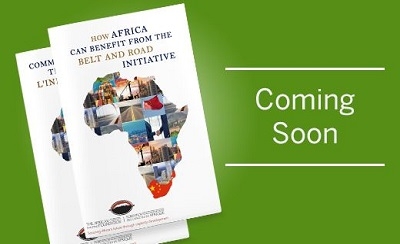
In the past five decades, the Africa-China relationship has developed significantly. The Forum on China- Africa Cooperation (FOCAC), a landmark in the history of Sino-Africa relationship was created in 2000 as a platform for collective consultation and dialogue and a cooperation mechanism. The FOCAC and its activities are closely aligned with China’s Africa policy which was formulated in 2006 with the broad objective of enhancing all-round cooperation between China and Africa in such key areas as political, economic, education, science, culture, health, peace and security. The emergence in September 2013 of the Chinese “Belt and Road Initiative” (BRI) was an additional chapter in the history.
The BRI in general and as it relates to Africa in particular, focuses on the following key areas: (1) trade, finance and investment; (2) productive capacity (mostly agriculture and manufacturing); (3) connectivity of infrastructure and facilities; (4) ecological and environmental protection; and (5) tourism, cultural, social and educational exchanges.
This study was, therefore, motivated primarily by the need to gain a deeper and better understanding of the implications of the BRI for Africa, paying particular attention to the economic development opportunities for the region, the challenges around its implementation, and more importantly understanding the relevant capacities required for maximizing the benefits.
The specific objectives were hence: (1) assessing the costs and benefits associated with the BRI in Africa; (2) providing information on the specific areas and sectors where Africa has a comparative advantage in the BRI; (3) identifying the specific arrangements and incentives as well as the capacity required to ensure that the BRI is beneficial to Africa; and (4) providing suggestions on the way forward by proposing the options and mechanisms available as well as the clear and actionable recommendations on how African countries can maximize the benefits offered by the initiative.





